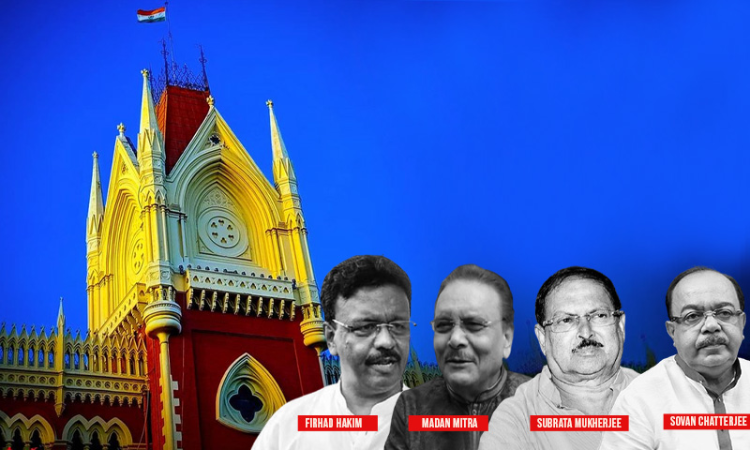A 5-Judge Bench of the Calcutta High Court comprising of ACJ Rajesh Bindal, Justices Harish Tandon, IP Mukerji, Arijit Banerjee and Soumen Sen on Monday adjourned hearing in the case pertaining to bail of four Trinamool Congress leaders, who have been in custody since May 17 since their arrest by the CBI in the Narada Scam Case. The Bench will continue hearing the case day...

